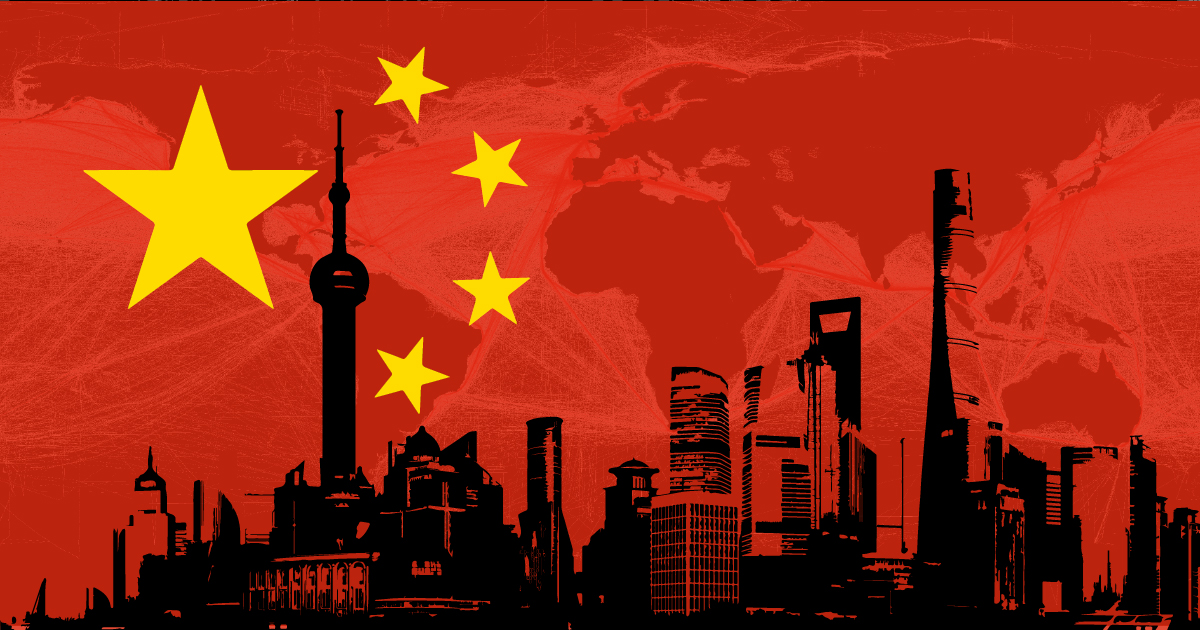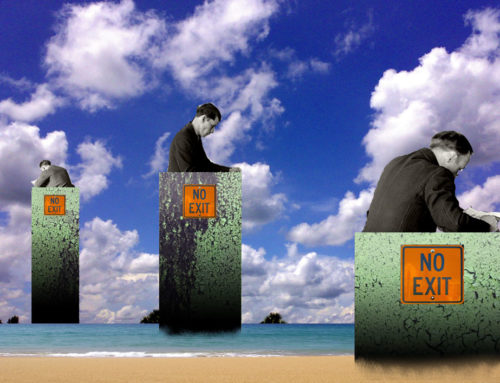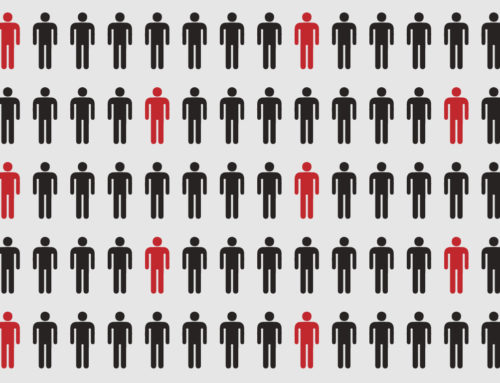By: Dan Corjescu
Is the world making more love than war these days? And if so why?
It is a question that three great contemporary intellectuals have either indirectly or directly wrestled with in their life’s work.
The first of our intellectuals is Francis Fukuyama. In his celebrated debut book, The End of History and The Last Man, Fukuyama argued with great verve and imagination that Hegel’s nineteenth century insights into the mystery of human history were relevant to better understanding the political nature of our times.
Through the interpretive filter of the Russian-French philosopher Alexander Kojève, Fukuyama explained that History’s trajectory was bent towards individual freedom and recognition.
In this story, the rise of modern science and technology are not enough to explain the historic spread of democratic governments and the passionate belief in human rights. Science can produce a vibrant consumerist society but only the strong human desire for the recognition of ones self-worth in the eyes of others can explain the demand for political liberty.
Similar to Fukuyama, is Michael Doyle’s work on “the Democratic peace”, which is itself partly based on the philosophical works of Immanuel Kant and Thomas Paine.
Doyle, and others, began to notice in the 1970’s that “a separate peace” between the democracies had been practically achieved. This empirically verifiable peace seemed to support Kant’s and Paine’s earlier beliefs that the only way for a peaceful world order to be secured, republics (democracies) would have to be set up within individual states which would then combine to form a federation of pacific states for whom war would be effectively abolished. The fact that, according to the democratic peace theorists, no war had broken out between the democracies for over two-hundred years seemed to verify these Enlightenment thinkers’ earlier philosophical conjectures.
However, before we celebrate the triumph of Hegelian desires and Kantian republics in contributing to world peace we should, says Azar Gat, be aware of the pacific power of modernization.
Azar Gat, a noted historian of both war and peace, believes that neither the human desire for freedom and recognition nor the spread of democratic governance is responsible for the current spell of peace between the great powers. He cites as evidence the belligerent nature of ancient democracies between themselves (the case of Democratic Athens vs Democratic Syracuse is of particular interest), the War of 1812, and the US Civil War.
Also of importance is the fact that both democracies and non-democracies have had an increasing tendency to not engage in warfare over the past 200 years.
So, if democracy is not the cause of the “long peace” what is?
For Gat, the transformation of the world though the industrial revolution leading to the creation of a consumerist-technological society and culture is the main variable sufficient to explain the current state of peace. Significantly, it is a peace that predated the advent of the atomic bomb, although that event has also contributed to world stability according to Gat.
Modernization has meant many things. Most importantly, it has meant an exponential growth in wealth and comfort. It has increased the possibilities for the enjoyment of life through urbanization, the sexual revolution, commerce, the integration of women, and demographic changes which have led to comparatively less young men (historically the major practitioners of war, if not the instigators).
Thus, in the pre-modern world, war was still a potentially lucrative, if risky endeavor. And it did not matter against whom it was waged as long as there was a good chance of winning it. However with the rise of the industrial-technological society (modernization) the payoff matrix suddenly changed. Increasingly, it made more sense to avoid conflict so as not to risk the considerable benefits of peace (wealth and comfort).
Where I take issue with Gat is around the question: how much wealth and comfort is necessary? Certainly, the Great European Powers of 1914 were considerably more wealthy than they were in 1814? Trade among them was booming, in particular between Germany and England. Yet, the very palpable reality of increasing wealth and comfort did not stop the outbreak of serious conflict and the resultant loss of massive reserves of national wealth.
Thus, I find the outbreaks of the two world wars not sufficiently explainable by Gat’s modernization theory alone. Indeed, I think ideological motives and cultural beliefs played a determinant part in these two conflicts. Pre-modern notions of honor and masculinity, the rise of social-Darwinism welded to belligerent nationalism, and, even, the philosophy of Nietzsche and Sorel played an outsized role in creating the conditions for world war (See Margaret Macmillan’s recent War: How Conflict Shaped Us). Modernization, while perhaps still important for explaining the relative peace between the European powers from 1815-1914 is not sufficient, I think, to account for the violence of the first half of the twentieth century.
Yet, ultimately, if Gat is right and the world has now reached a certain qualitative threshold of pacific prosperity, then one could argue that it is not so important for countries to be democratic as it is for them to be wealthy. Wealth softens the warlike spirit. This is something that was known to philosophers for thousands of years. But the way to modern wealth is through trade, technology, and overall scientific development and education.
In this last, tentative causal explanation for the modern peace, we may perhaps find some not inconsiderable solace and hope in the recent rise of China. A country very focused on the increase of national wealth and well being. It is to be hoped that such a political interest and actual material development will be enough to avoid great power conflict in the future. Something which was not avoided in the cases of Japan’s and Germany’s rise to power in the early twentieth century. In the end, this will be a test of much more than mere academic theories of peace.
Dan Corjescu teaches Political Philosophy and Globalization at Zeppelin University in Friedrichshafen, Germany
Image: PAM illustration.
POLITICAL ANIMAL IS AN OPEN FORUM FOR SMART AND ACCESSIBLE DISCUSSIONS OF ALL THINGS POLITICAL. WHEREVER YOUR BELIEFS LIE ON THE POLITICAL SPECTRUM, THERE IS A PLACE FOR YOU HERE. OUR COMMITMENT IS TO QUALITY, NOT PARTY, AND WE INVITE ALL POLITICAL ANIMALS TO SEIZE THEIR VOICE WITH US.










Leave A Comment